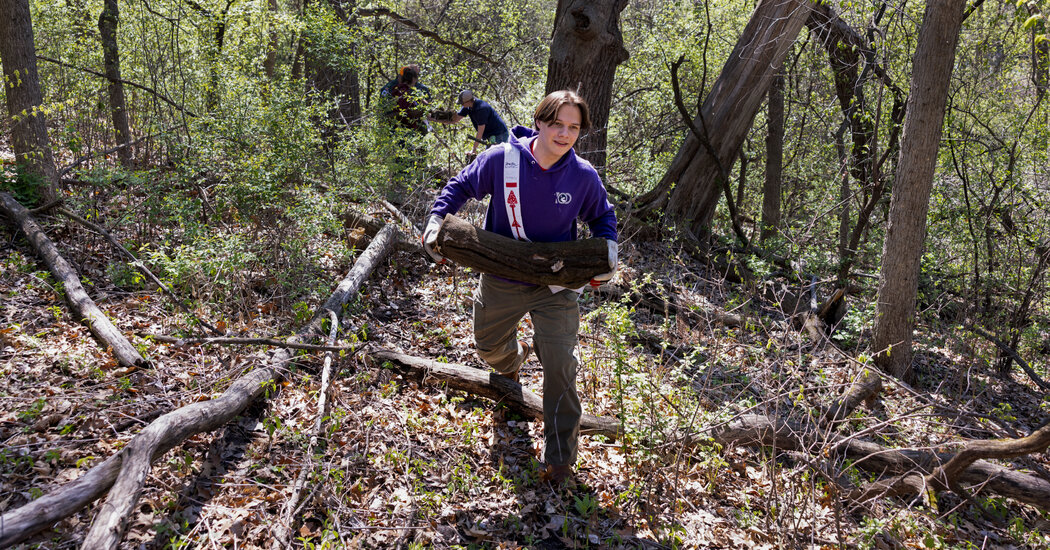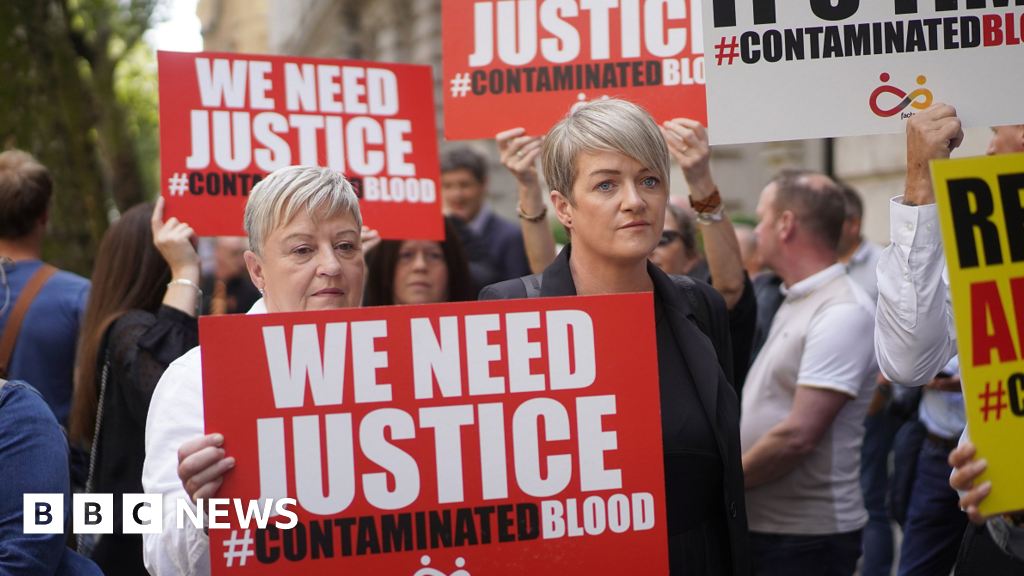World-first gonorrhoea vaccine launched by NHS England as infections soar
11 minutes agoShareSaveAndrew Rogers & James GallagherBBC NewsShareSaveBBCEngland will be the first country in the world to start vaccinating people against the sexually transmitted infection gonorrhoea.It will not be available for everyone. The focus will mainly be on gay and bisexual men with a history of multiple sexual partners or an STI.The vaccine is 30-40% effective, but NHS England hopes it will reverse soaring numbers of infections.There were more than 85,000 cases in 2023 – the highest since records began in 1918.Gonorrhoea does not always have symptoms, but they can include pain, unusual discharge, inflammation of the genitals and infertility.How many people will chose to be immunised is uncertain.But projections by Imperial College London show that if the jab proves popular then it could prevent 100,000 cases and save the NHS nearly £8m over the next decade.Max, a sexual health campaigner, told BBC Newsbeat he would “100%” take the vaccine after being diagnosed with gonorrhoea twice within a year.”I think this is great that it’s been announced”, he says, adding: “It’s going to take the pressure off the clinics, it’s just a big win all round.”Vaccination will start in August and will be offered through sexual health services.Public Health Scotland said it was also working on plans to launch its own programme for high-risk individuals.BBC Newsbeat has asked health bodies in Wales and Northern Ireland whether they intend to do the same.Is it effective enough?This vaccine wasn’t designed for gonorrhoea. It’s the meningitis B vaccine currently given to babies.But the bacteria that cause the two diseases are so closely related that the MenB jab appears to cut gonorrhoea cases by around a third.That will require a delicate conversation in sexual health clinics as the vaccine will not eliminate the risk of catching gonorrhoea. It is normally caught while having sex without a condom.But Prof Andrew Pollard, the chair of the Joint Committee on Vaccination and Immunisation (JCVI), which recommended the vaccine, said despite it only being 30% effective, it was “worth having” and could have “a huge impact” overall.The decision is not just about the record numbers of cases. Gonorrhoea is becoming increasingly difficult to treat.Most cases are treated with a single dose of antibiotics, but there is an 80-year history of the bacterium which causes gonorrhoea repeatedly evolving resistance to our antibiotics.It’s happening to the current treatments too and is why some doctors are concerned gonorrhoea could one-day become untreatable.The best way to deal with a drug-resistant infection is to never catch it in the first place.Dr Amanda Doyle, from NHS England, said: “The launch of a world-first routine vaccination for gonorrhoea is a huge step forward for sexual health and will be crucial in protecting individuals, helping to prevent the spread of infection and reduce the rising rates of antibiotic resistant strains of the bacteria.”The people most affected by gonorrhoea in the UK are those aged 16-to-25, gay and bisexual men, and those of black and Caribbean ancestry.The vaccine – which costs around £8 per dose – is value for money when primarily offered to gay and bisexual men, rather than all teenagers.However, clinicians do have the freedom to use their own judgement and offer the vaccine to people using sexual health services they think are of equally high risk.People will be offered mpox (formerly known as monkeypox), HPV and hepatitis vaccines at the same time.Prof Matt Phillips, president of the British Association for Sexual Health and HIV, said: “This is excellent news and a landmark moment for sexual health in England.”Gonorrhoea diagnoses are at their highest since records began and this has the potential to help us to turn that around.”It is not known how long the protection provided by the vaccine will last or how often booster jabs might be required.The decision comes almost a year and a half after a vaccination programme was recommended by the UK’s JCVI.Sexual health campaigners had criticised that long wait, but have welcomed this decision.Katie Clark, head of policy and advocacy at the Terrance Higgins Trust, called it a “huge win”.Listen to Newsbeat live at 12:45 and 17:45 weekdays – or listen back here.
Read more →






